- BlackVoter.Org
- Posts
- BlackVoter.Org
BlackVoter.Org


In "It Has Never Been Easy to Be Both Black and American," Keenan Norris sheds light on the complex struggle of Black Americans navigating their identity amidst a political landscape fraught with division. He reflects on historical injustices—like the exclusion of Black individuals from public pools in mid-20th-century Pasadena—and how such legacies still impact today’s discourse on citizenship and immigration.
Norris emphasizes that the current administration's attacks on Black history and human rights serve to deepen divides within marginalized communities. He highlights the importance of allyship among people of color, drawing on personal experiences that underscore the shared struggles against systemic injustice.
Ultimately, Norris calls for unity and understanding, advocating for a compassionate approach to citizenship that acknowledges the painful history while striving for a more inclusive future. Through powerful storytelling, Norris captures the inherent contradictions of being Black and American, urging readers to remember history as they confront present challenges.

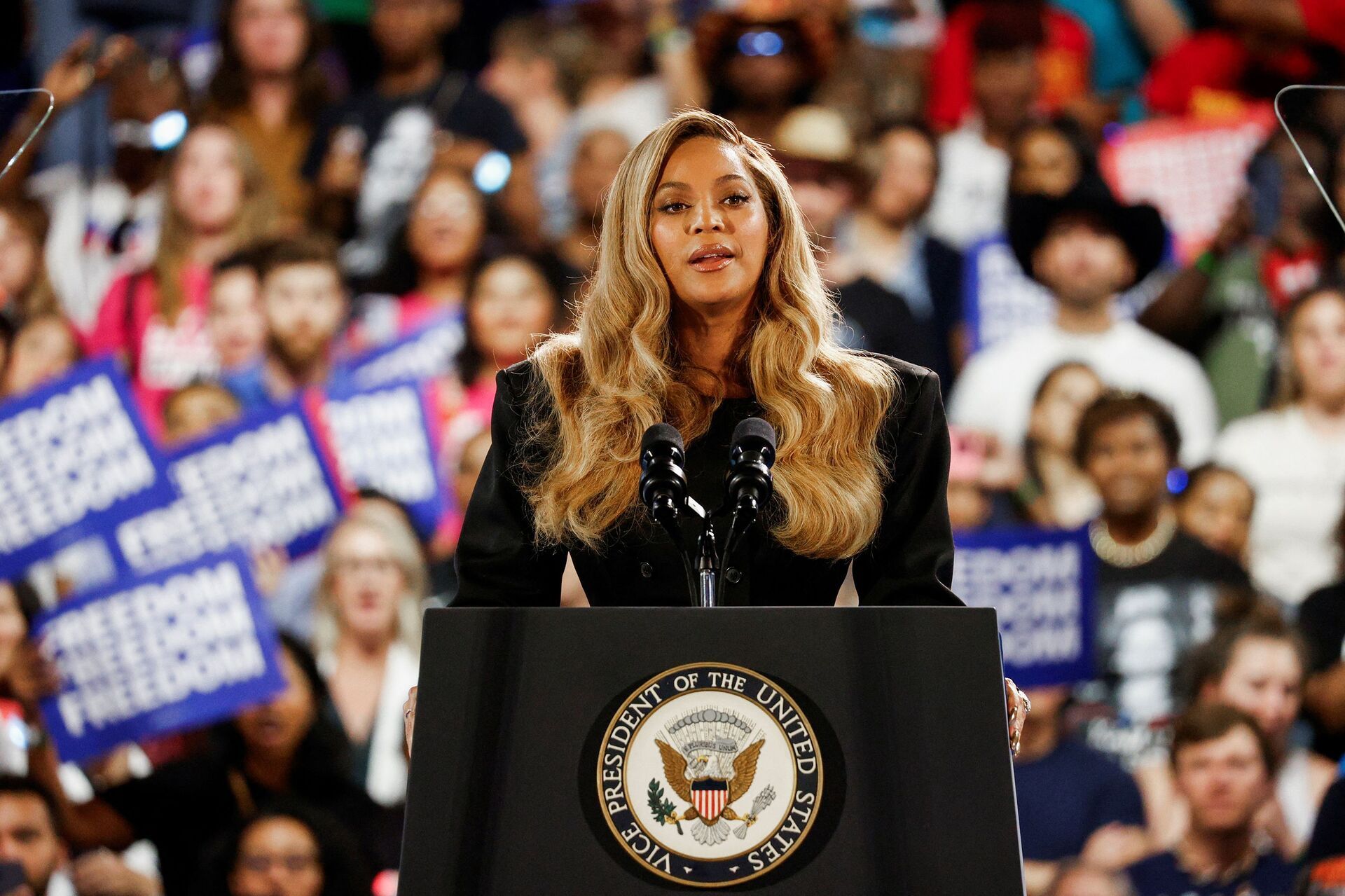
In a recent social media post, former President Donald Trump bizarrely called for the prosecution of music icon Beyoncé, claiming she received an illegal $11 million for endorsing Kamala Harris during a campaign rally in 2024. However, this assertion has no basis in reality.
The Harris campaign paid Beyoncé’s production company just $165,000 for event-related expenses, not the astronomical figure Trump cited. Campaign officials and fact-checkers, including FactCheck.
org and PolitiFact, have debunked the $10 million claim that has circulated among Trump supporters. In fact, Beyoncé’s mother publicly labeled the $10 million allegation as a “lie.
” Despite the lack of evidence, Trump has persisted in his demands for investigations and prosecutions concerning celebrity endorsements. As political tensions simmer, this unsubstantiated call adds another twist to the ongoing political discourse.
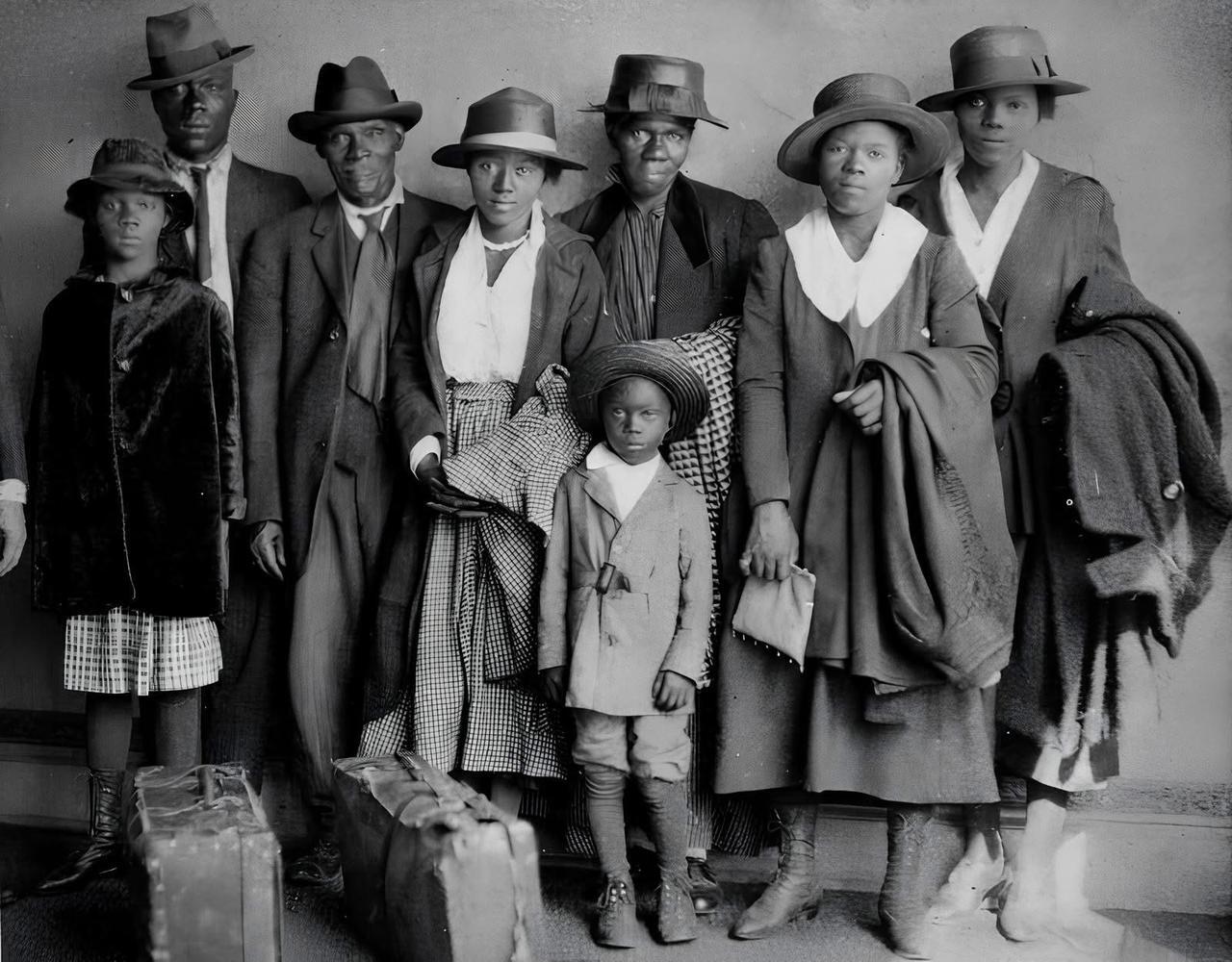
In a heartwarming trend of "reverse migration," African Americans are discovering new roots in Kenya, seeking a deeper connection to their heritage and a more welcoming community. As they leave the challenges of racial tension behind, many, like Kenneth Harris, a retired veteran from Atlanta, have found solace and acceptance in Nairobi’s vibrant atmosphere.
They’re not just relocating; they’re thriving, launching businesses in various fields, from travel to farming. This movement reflects a larger quest for healing and opportunity, challenging longstanding perceptions about the U.
S. as the land of opportunity.
With supportive services like Adella Relocation Services helping families transition smoothly, it’s clear this migration not only enriches the individuals but also the economies of African nations. As these dreamers create new lives, they hold the potential to reshape narratives both at home and abroad.
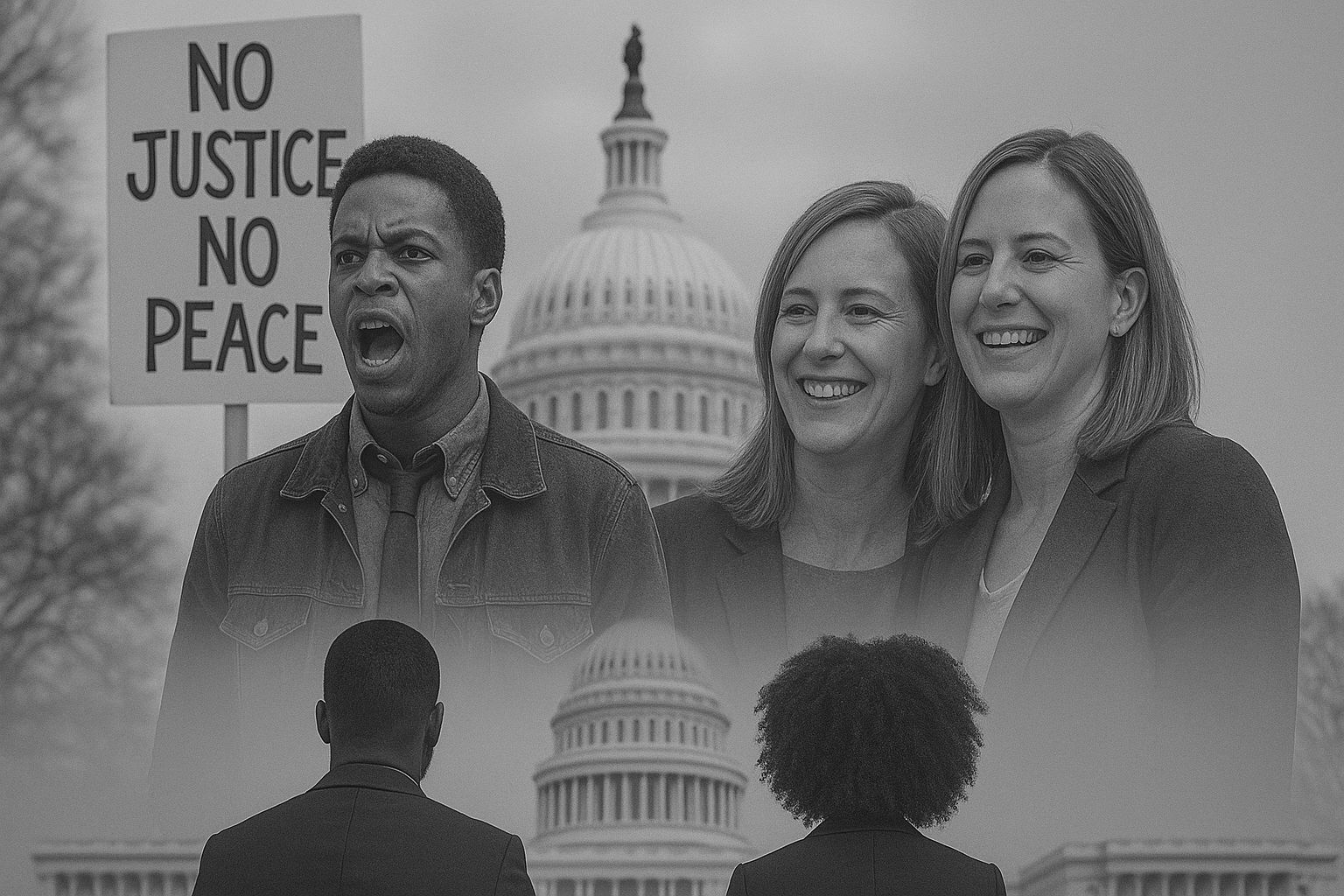
In "The Universal Fraud," Damon K. Jones exposes a troubling trend in American policy: initiatives designed for Black Americans have morphed into broad programs that profit everyone but the very groups they were intended to help.
From the 14th Amendment to modern DEI initiatives, these policies often favor non-Black communities, particularly white women, leaving Black individuals economically stagnant and marginalized. Jones argues that this pattern has roots dating back to the Reconstruction era, where legislation meant to safeguard Black citizens was diluted through universal language.
The article challenges Black Americans to demand targeted policies that address specific historical injustices, rather than accepting empty promises masked as inclusivity. As Jones emphasizes, true progress hinges on prioritizing the needs and reparations deserving of Black communities, pushing back against the status quo that repeatedly sidelines their struggles.
This provocative critique serves as a call to action for deeper engagement and discernment in pursuing equity and justice.

In her compelling piece, Dr. Allison Wiltz delves into the disturbing connection between racism and fascism, challenging the notion of American exceptionalism.
She draws on Sinclair Lewis's prescient warning about the subtle rise of fascism, reminding us that it often disguises itself in patriotic imagery. Wiltz highlights a recent viral debate featuring far-right figures who unabashedly espoused fascistic and racist beliefs, prompting necessary discussions about these ideologies’ intertwined nature.
Through an insightful Venn diagram analogy, she illustrates how racism—a belief in racial superiority—overlaps significantly with the oppressive tenets of fascism. The alarm bells are ringing, urging society to dismantle these dangerous ideologies before they seep further into the fabric of the nation.
With thought-provoking insights, Wiltz inspires readers to confront these issues head-on, emphasizing that awareness and dialogue are crucial in combating this rising threat.
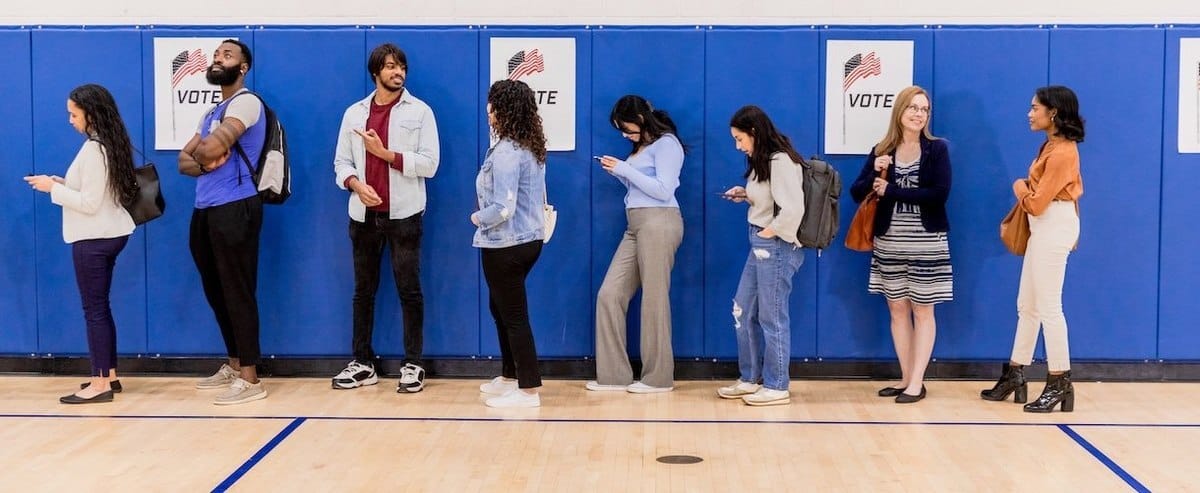
A recent YouGov survey reveals intriguing insights into American perceptions of voting ages and presidential eligibility. While the majority of Americans are content with maintaining the voting age at 18, support for introducing younger presidents is on the rise.
Just 19% would want the voting age raised, with 56% standing firm on keeping it as is. Interestingly, nearly half of respondents believe individuals under 35 should have the right to serve as president, showcasing a desire for younger leadership.
However, there's a notable consensus on implementing a maximum age limit for presidents, with around 75% favoring restrictions and many preferring the cap to be set at 79 years or younger. This generational divide highlights the balancing act between valuing experience and embracing fresh perspectives in political leadership.
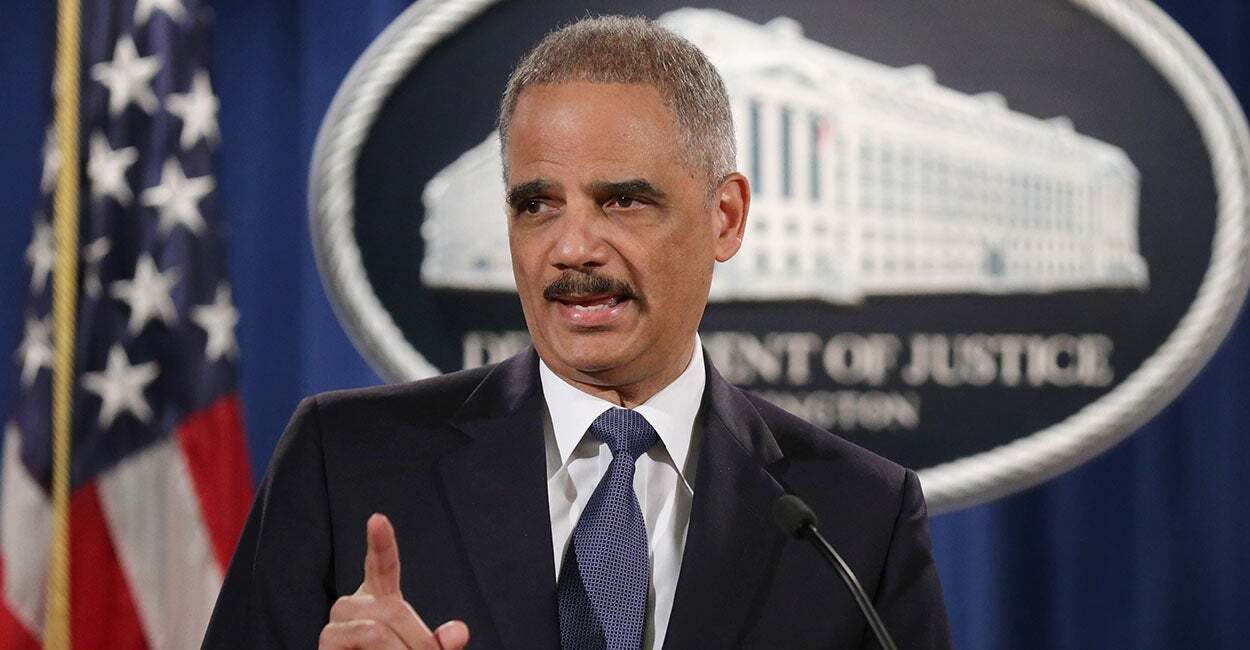
A former aide of ex-Attorney General Eric Holder has made waves by transitioning from a political role in the Biden administration to a career position in the Trump Justice Department. Tina Thomas, who previously served as senior counsel at the Justice Department under Biden, is now an assistant U.
S. attorney, raising eyebrows given Holder's controversial legacy.
Holder's tenure was marked by his vocal advocacy for racial justice and reform, which starkly contrasts with Trump’s administration’s push against such narratives. Thomas’s background, including her involvement with the National Democratic Redistricting Committee, further fuels concerns about “burrowing” – the process where political appointees embed themselves in career roles within the bureaucracy.
This shift has sparked debates about loyalty and bureaucracy's resistance to presidential directives, highlighting the ongoing tug-of-war between political ideologies in Washington. As the divide deepens, the implications for governance and policy execution remain significant.